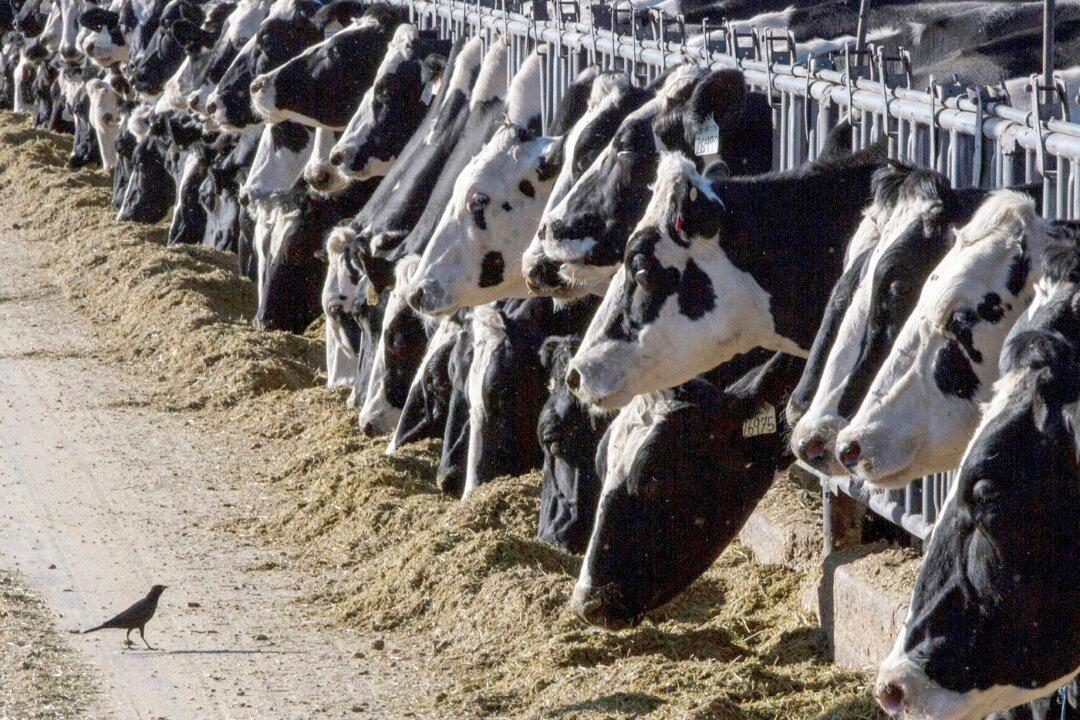Colorado issued a mandatory order on July 22 requiring all commercial cow dairies in the state to conduct weekly testing of milk samples for the highly pathogenic avian influenza, also known as bird flu.
The state’s Department of Agriculture said the measure is intended to help authorities identify infected dairies and prevent the further spread of avian influenza.





